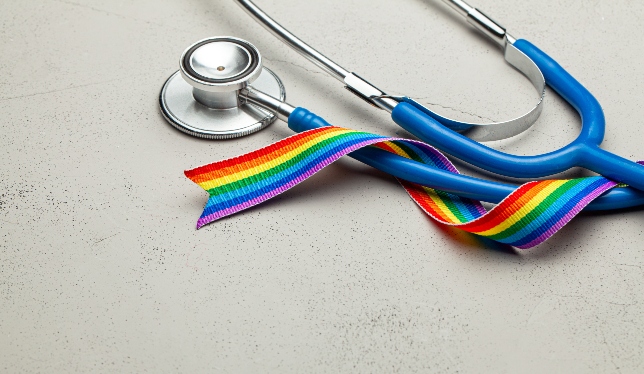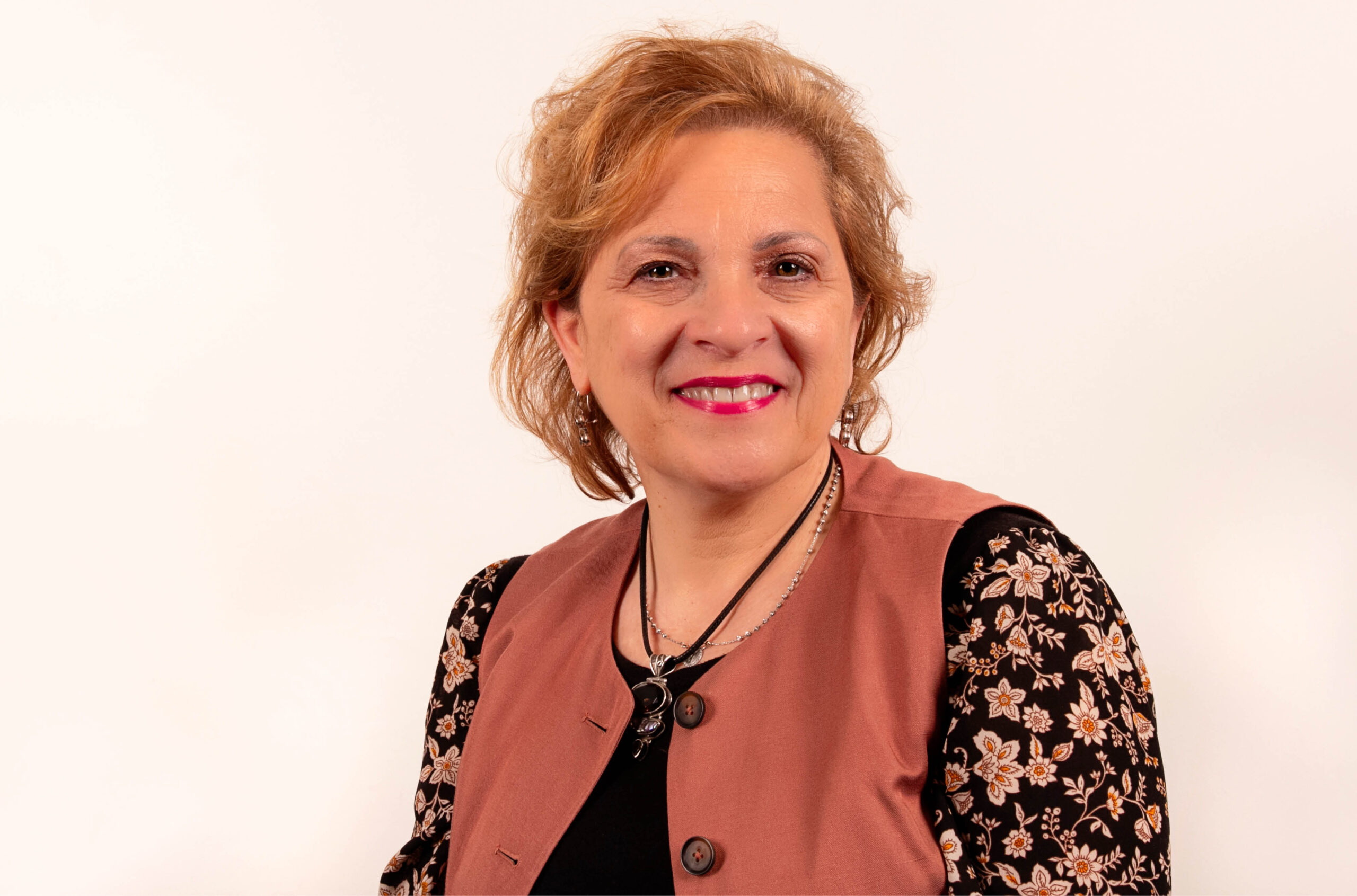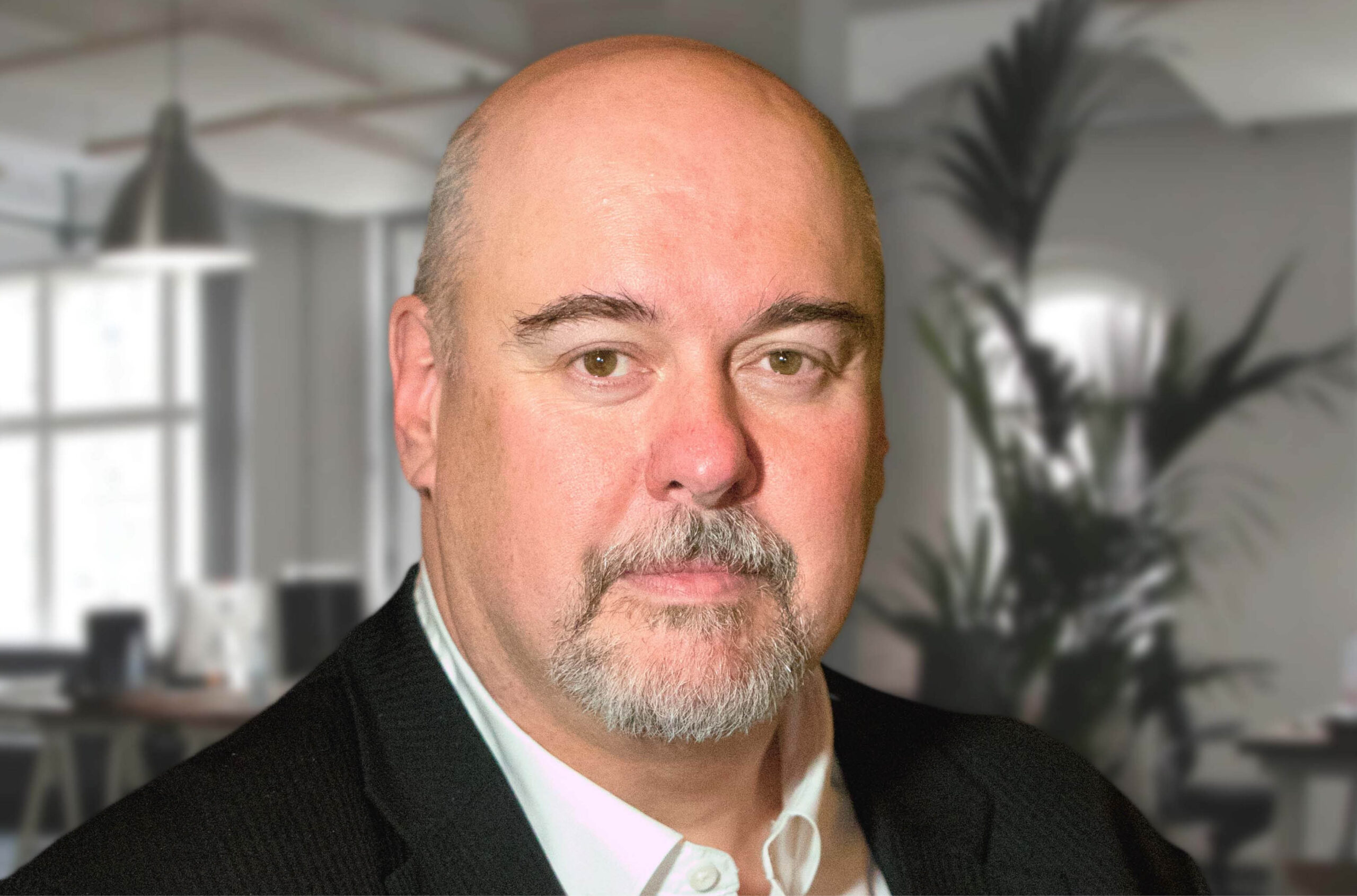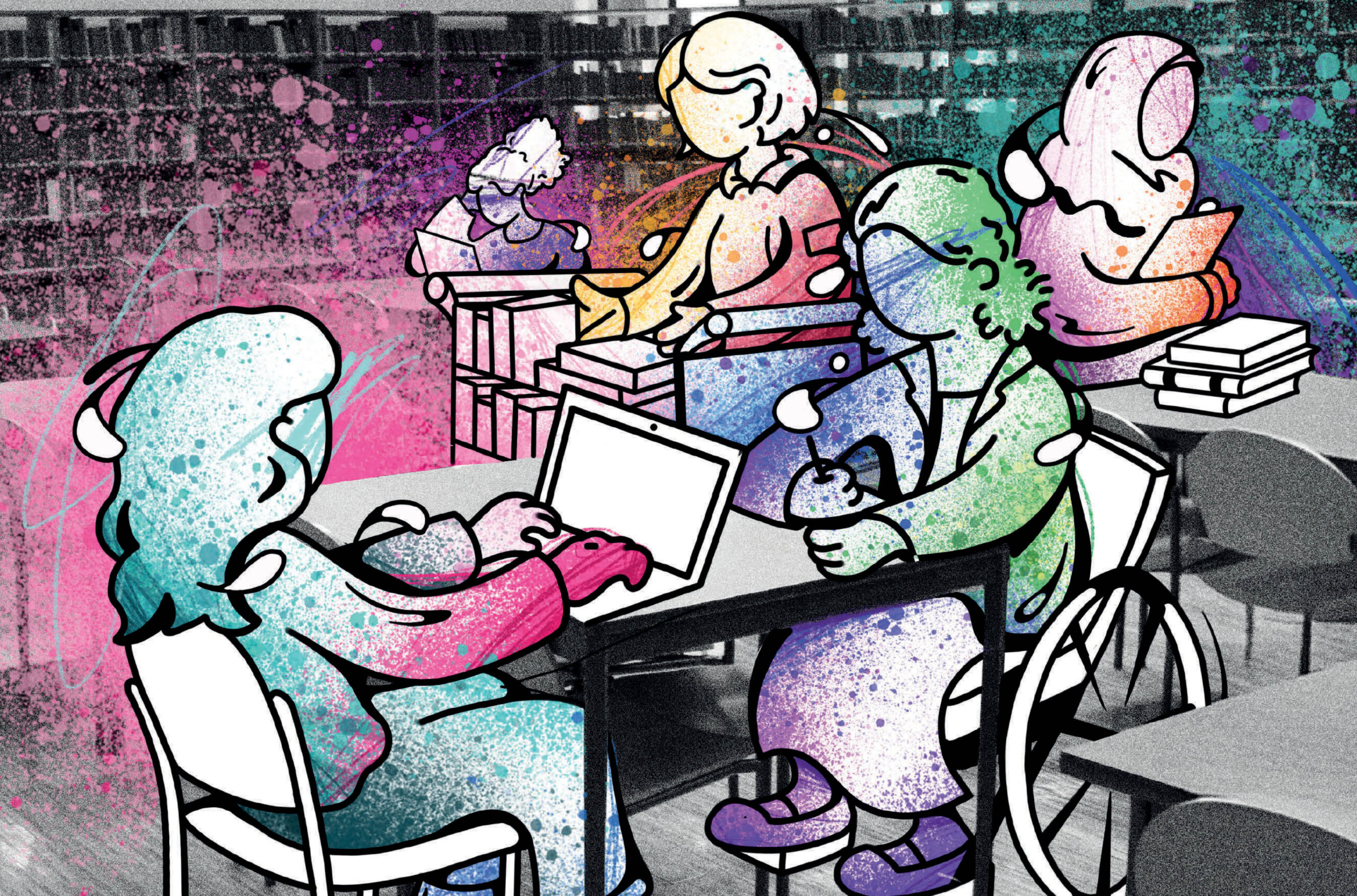U of T develops LGBTQ+ focused health curriculum for medical residents
The new curriculum has also been adapted to address risks associated with COVID-19.

University of Toronto researchers aim to equip doctors with the knowledge and tools to better care for LGBTQ+ patients, as COVID-19 further widens health inequities.
“Queer Canadians live shorter, less healthier lives than cisgender, heterosexual Canadians,” says U of T researcher Miranda Schreiber. “Because of that disparity, which is partially caused by ignorance among practising physicians, we need to … intervene in how doctors understand queer lives and queer bodies, and how they use language when they’re engaging with their patients.”
Ms. Schreiber, along with a team of researchers in U of T’s postgraduate medical education department, have been working on a new LGBTQ+ focused health curriculum for the past year. While the curriculum covers areas the researchers identified as specific knowledge gaps, such as hormone therapy and sexually transmitted infections, Ms. Schreiber says its primary goal is to provide a broader understanding of the range of issues facing LGBTQ+ patients.
“We wanted to make it clear that in order to solve systemic issues you need to reroute how you think about the medical process and how you think about the medical model,” says Ms. Schreiber. The traditional medical model views the patient as an object whom the doctor, “like a scientist, dispassionately evaluates the patient and extracts their symptomatology and then gives them a diagnosis,” she says. “But if you’re working to solve health disparities that are caused by social forces, that medical model is going to be insufficient.”
With the spread of COVID-19, the researchers further adapted the curriculum, adding COVID-specific information.
“There’s been a lot of talk about how those who are socially disadvantaged are at a disproportionate risk for getting COVID in the first place. Any of the sort of qualities that put an individual at a greater risk for contracting COVID or for being harmed negatively by social distancing are very present in terms of how queer people experience worse health,” says Ms. Schreiber. “An important part of the piece we added on COVID was that if you’re a queer person of color, or if you’re a disabled queer person – the list goes on – you’ll be at an even greater risk.”
The new curriculum will be presented in the form of a workshop to U of T’s second-year residents, all of whom are likely to have experienced varying levels of education on LGBTQ+ health.
James Owen is the lesbian, gay, bisexual, transgender, queer and 2-spirited (LGBTQ2S) education theme lead for U of T’s undergraduate medical education program. “A number of Canadian medical schools are aware that this is an important topic,” he says, “but I do think that there is a significant variation in terms of the amount of curriculum time that is dedicated to this topic and whether it’s integrated all the way through or whether it’s sort of siloed.” In U of T’s undergraduate program, Dr. Owens says they have worked to integrate LGBTQ+ material into the curriculum, wherever possible, recognizing there may be topics that require a designated standalone focus.
For the postgraduate team, Ms. Schreiber says their goal is to address these differences in education and ensure that all residents practising in Toronto public hospitals have undergone some amount of LGBTQ+ sensitivity training. They hope to get feedback from their workshop and further develop the materials, with the intention of sharing them with other universities.
“It’s not a problem that will be solved entirely by any sort of pedagogical intervention,” says Ms. Schreiber. “But we definitely saw this as an opportunity to intervene in some capacity, such that queer people could be better cared for when they go to the doctor.”
Featured Jobs
- Canada Excellence Research Chair in Computational Social Science, AI, and Democracy (Associate or Full Professor)McGill University
- Education - (2) Assistant or Associate Professors, Teaching Scholars (Educational Leadership)Western University
- Psychology - Assistant Professor (Speech-Language Pathology)University of Victoria
- Veterinary Medicine - Faculty Position (Large Animal Internal Medicine) University of Saskatchewan
- Business – Lecturer or Assistant Professor, 2-year term (Strategic Management) McMaster University
















Post a comment
University Affairs moderates all comments according to the following guidelines. If approved, comments generally appear within one business day. We may republish particularly insightful remarks in our print edition or elsewhere.